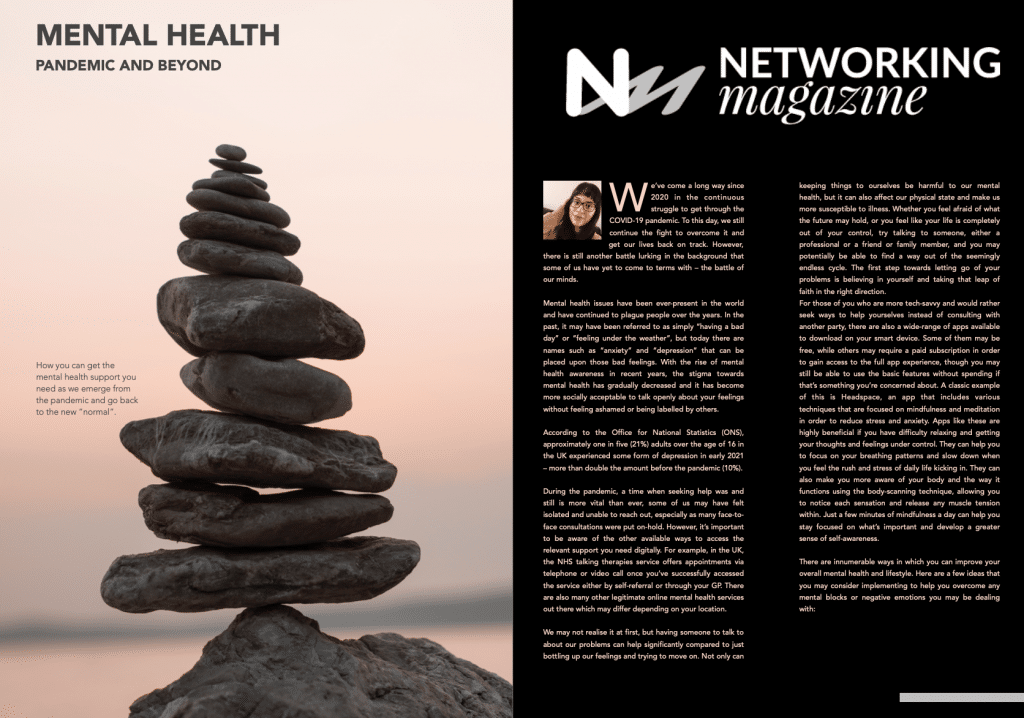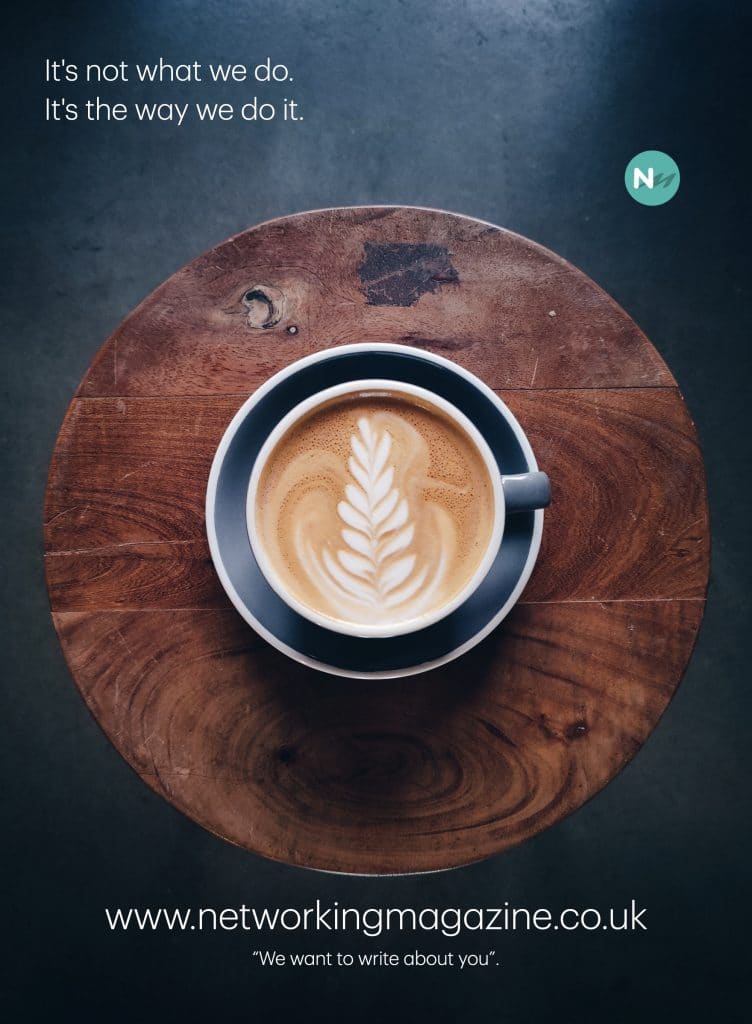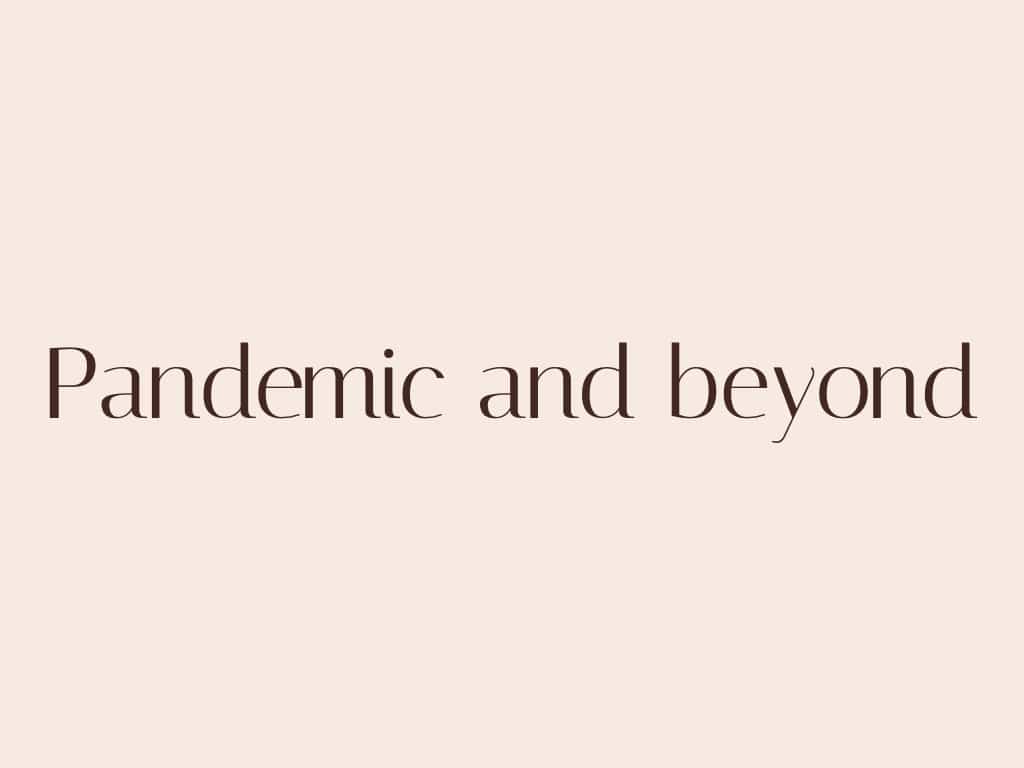How you can get the mental health support you need as we emerge from the pandemic and go back to the new “normal”.
Digital Dialogue, discover new ways in which you can alter your lifestyle and make time for what matters to you.




Health
We’ve come a long way since 2020 in the continuous struggle to get through the COVID-19 pandemic. To this day, we still continue the fight to overcome it and get our lives back on track. However, there is still another battle lurking in the background that some of us have yet to come to terms with – the battle of our minds.
Anxiety and depression
Mental health issues have been ever-present in the world and have continued to plague people over the years. In the past, it may have been referred to as simply “having a bad day” or “feeling under the weather”, but today there are names such as “anxiety” and “depression” that can be placed upon those bad feelings. With the rise of mental health awareness in recent years, the stigma towards mental health has gradually decreased and it has become more socially acceptable to talk openly about your feelings without feeling ashamed or being labelled by others.
According to the Office for National Statistics (ONS), approximately one in five (21%) adults over the age of 16 in the UK experienced some form of depression in early 2021 – more than double the amount before the pandemic (10%).
Help
During the pandemic, a time when seeking help was and still is more vital than ever, some of us may have felt isolated and unable to reach out, especially as many face-to-face consultations were put on-hold. However, it’s important to be aware of the other available ways to access the relevant support you need digitally. For example, in the UK, the NHS talking therapies service offers appointments via telephone or video call once you’ve successfully accessed the service either by self-referral or through your GP. There are also many other legitimate online mental health services out there which may differ depending on your location.
Problems
We may not realise it at first, but having someone to talk to about our problems can help significantly compared to just bottling up our feelings and trying to move on. Not only can keeping things to ourselves be harmful to our mental health, but it can also affect our physical state and make us more susceptible to illness. Whether you feel afraid of what the future may hold, or you feel like your life is completely out of your control, try talking to someone, either a professional or a friend or family member, and you may potentially be able to find a way out of the seemingly endless cycle. The first step towards letting go of your problems is believing in yourself and taking that leap of faith in the right direction.
Apps
For those of you who are more tech-savvy and would rather seek ways to help yourselves instead of consulting with another party, there are also a wide-range of apps available to download on your smart device. Some of them may be free, while others may require a paid subscription in order to gain access to the full app experience, though you may still be able to use the basic features without spending if that’s something you’re concerned about. A classic example of this is Headspace, an app that includes various techniques that are focused on mindfulness and meditation in order to reduce stress and anxiety. Apps like these are highly beneficial if you have difficulty relaxing and getting your thoughts and feelings under control. They can help you to focus on your breathing patterns and slow down when you feel the rush and stress of daily life kicking in. They can also make you more aware of your body and the way it functions using the body-scanning technique, allowing you to notice each sensation and release any muscle tension within. Just a few minutes of mindfulness a day can help you stay focused on what’s important and develop a greater sense of self-awareness.

There are innumerable ways in which you can improve your overall mental health and lifestyle. Here are a few ideas that you may consider implementing to help you overcome any mental blocks or negative emotions you may be dealing with:

Digital detox
Between work, education and socialising, our lives can get pretty chaotic online, especially since working from home has become more common in today’s world. The constant overload of emails, video calls and social media notifications can be overwhelming and unavoidable at times, but there’s no harm in taking a break once in a while when you have the time to spare. For example, on a weekend when you have no commitments to attend to, consider putting your phone and other devices away for a while and do something positive for yourself. Get some fresh air, tidy your living space, read a new book, anything that doesn’t require wi-fi. Who knows, maybe you’ll enjoy it and consider trying it again sometime.
Live
Contrary to taking a digital break, perhaps the opposite may benefit you instead. Having a conversation with a familiar face may be just what you need to ground yourself and gain some perspective. You don’t necessarily have to dump all of your emotions on them if you’d prefer not to, but having a chat with someone you trust can take your mind off things for a while and allow you to notice the greater things in life. As human beings we thrive on forming connections with other people, so communication is necessary from time to time, regardless of your personality type and how sociable you are.
Exercise
Exercise has always been a highly recommended way to deal with both physical and mental health problems. As lockdown restrictions have eased up, many gyms and sports facilities are now open for business and ready to take on new members. However, for those of you who may not have the time or money to invest in a long-term membership, you may consider alternative methods that are cost-free, such as going for a walk or run, or using outdoor equipment in local parks. There are also many home workout videos out there that can give you a full-body workout by simply using your own body as a weight to shed those pounds.
Diet
Along with exercise, diet is another important factor that will allow you to experience the full effect of healthier living. When we feel stressed or overwhelmed, many of us habitually turn to food and drink that is high in sugar and calories as it is comforting. However, sugary foods can amplify our negative emotions and worsen them in the long-term if we don’t limit our intake of them. It’s okay to allow yourself a treat every now and then, to avoid developing a toxic relationship with food, but remember to consider healthy alternatives as well. There’s no need to deprive yourself from the things you enjoy eating, but try eating them in moderation to prevent further health issues. There are plenty of healthy but tasty recipes available online, as well as various health apps that can help you take control of your stress-eating habits.
Knowledge is power
We live in an age where knowledge is power, which means it’s just as important to be aware of mental health problems and what to expect when dealing with them. When browsing online about health conditions, remember to always make sure that you’re looking at reliable sources, such as the NHS website if you live in the UK. There’s plenty of fake news and inaccurate information out there that can mislead you and make you think the worst. If you think you may have a mental health condition, please consider seeking professional help instead of fully depending on self-diagnosis and treatment. While the above methods can benefit you in some way, they may only help deal with the surface of the problem. Be sure to make the right choice for you and your health.
Digital
In this digital era, the future of mental health seems hopeful as things gradually transition online, making services and information more accessible to people regardless of their location or social status. By raising awareness and supporting those who are battling with their own mental health, we can change the way people view such conditions and breakdown stereotypes and labels. It may be something that you have to live with, but it doesn’t define who you are or your worth as an individual. You are more than what goes on in your head.




